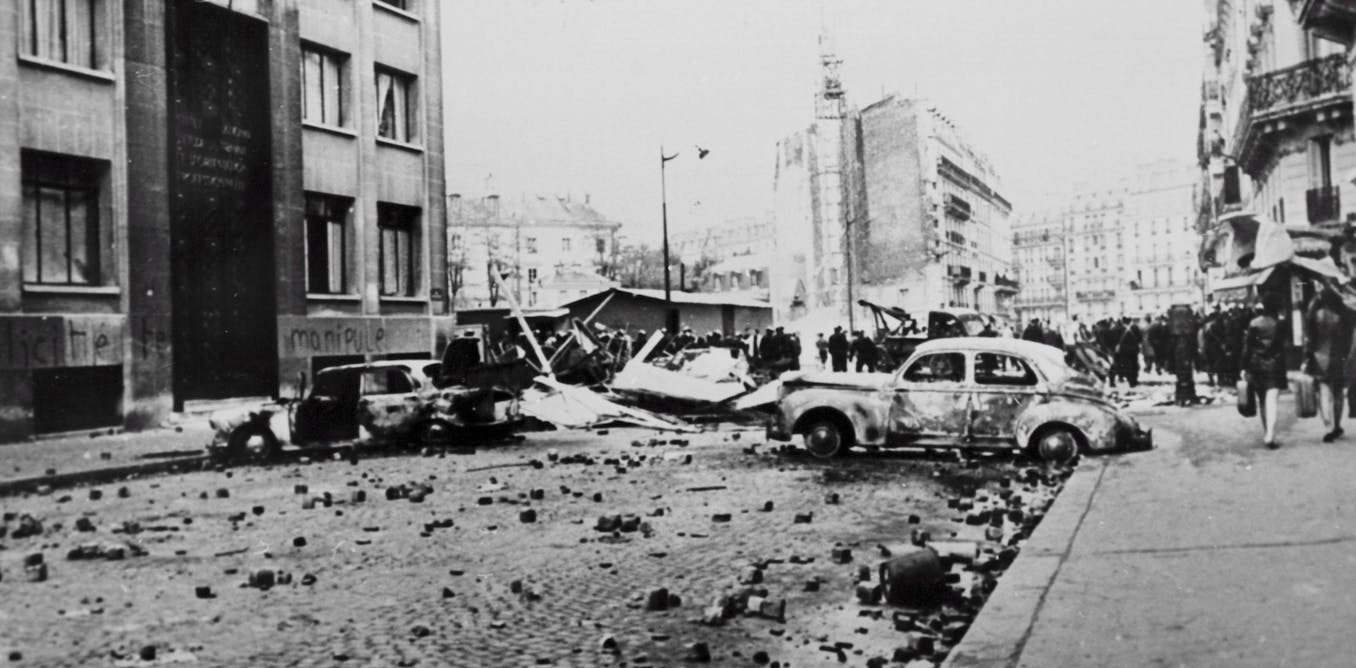I was in twitch chat, watching some goobers discuss their geopolitical predictions for the next few years (spoiler: they're very afraid of russia) and i got to thinking about May 1968 in Paris. Which i actually know very little about, so i found this article, skimmed it, and found a few parts i liked.
Selected excerpts below:
1968 can be seen as the moment when the two dominant narratives on the left – social democracy and communism – were both called into question.
Social democracy had dominated mainstream progressive discourse since the end of the 19th century. Now it was seen as irredeemably complicit in the maintenance of a status quo that seemed to consecrate a materialist, routine form of life offering very little to the young or to the political imagination...
Social democratic politics was held as “capitalism with a human face”. It accepted the necessity for the market order and so, as far as ’68 critics of capitalism were concerned, for exploitation, alienation and the division of society into pharaohs and slaves.
By 1968, the working class had given up on the dream of its own emancipation in favour of chatter around holiday pay, generous pensions and the trifles that made existing life more bearable. It had lost its heroic capabilities, settling instead for indolent acceptance of a comfortable “air-conditioned” existence.
The net result was a politics of refusal – of social democracy, of communism, of capitalism, of elites, vanguards, intellectuals, and so on and so forth. But where, it could legitimately be asked, was affirmation?
Those engaged in the uprising were clear about what they were against; they were less clear in terms of what they were actually for in concrete, institutional terms.
So, 1968 represents the end of grand narratives in politics. It was an uprising against something; less for something else.
The sense of ’68 as a refusal lives on in contemporary politics. We don’t have a redemptive ideology to place our hopes on. We don’t believe the “experts”. We don’t think there’s a formula for collective planetary happiness. We have individualised politics to the point where refusal is a first, and quite often last, resort.
i didn't read the whole thing, but appreciated the perspective. gives me "history doesn't repeat but it rhymes" vibes.
Discuss:

